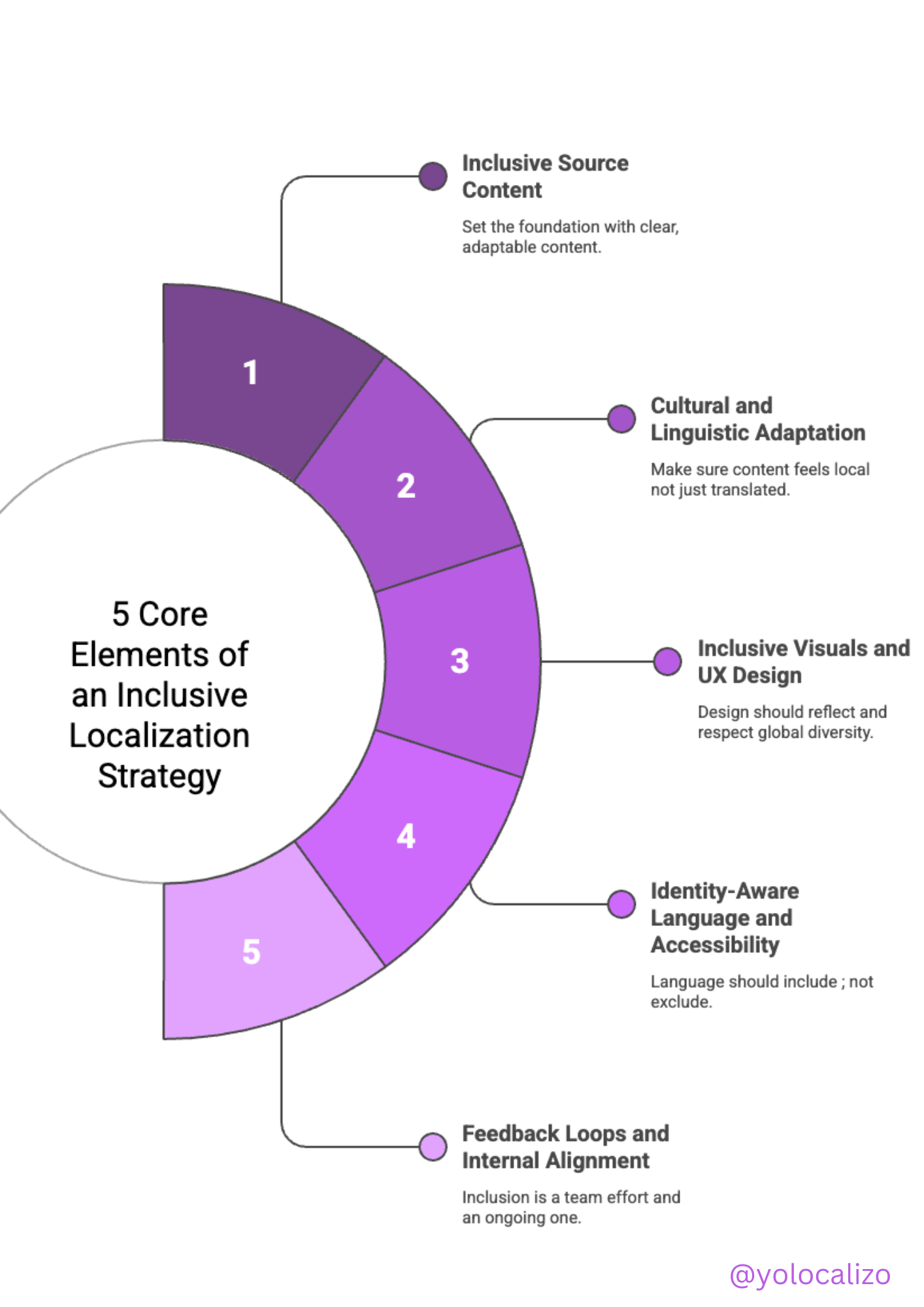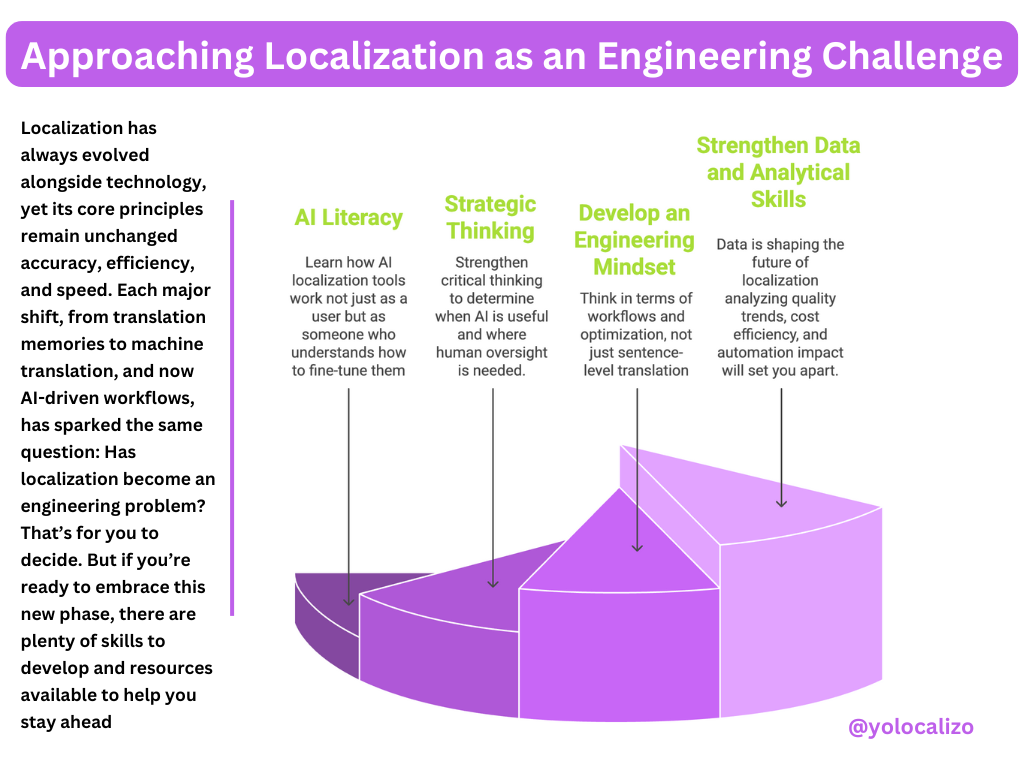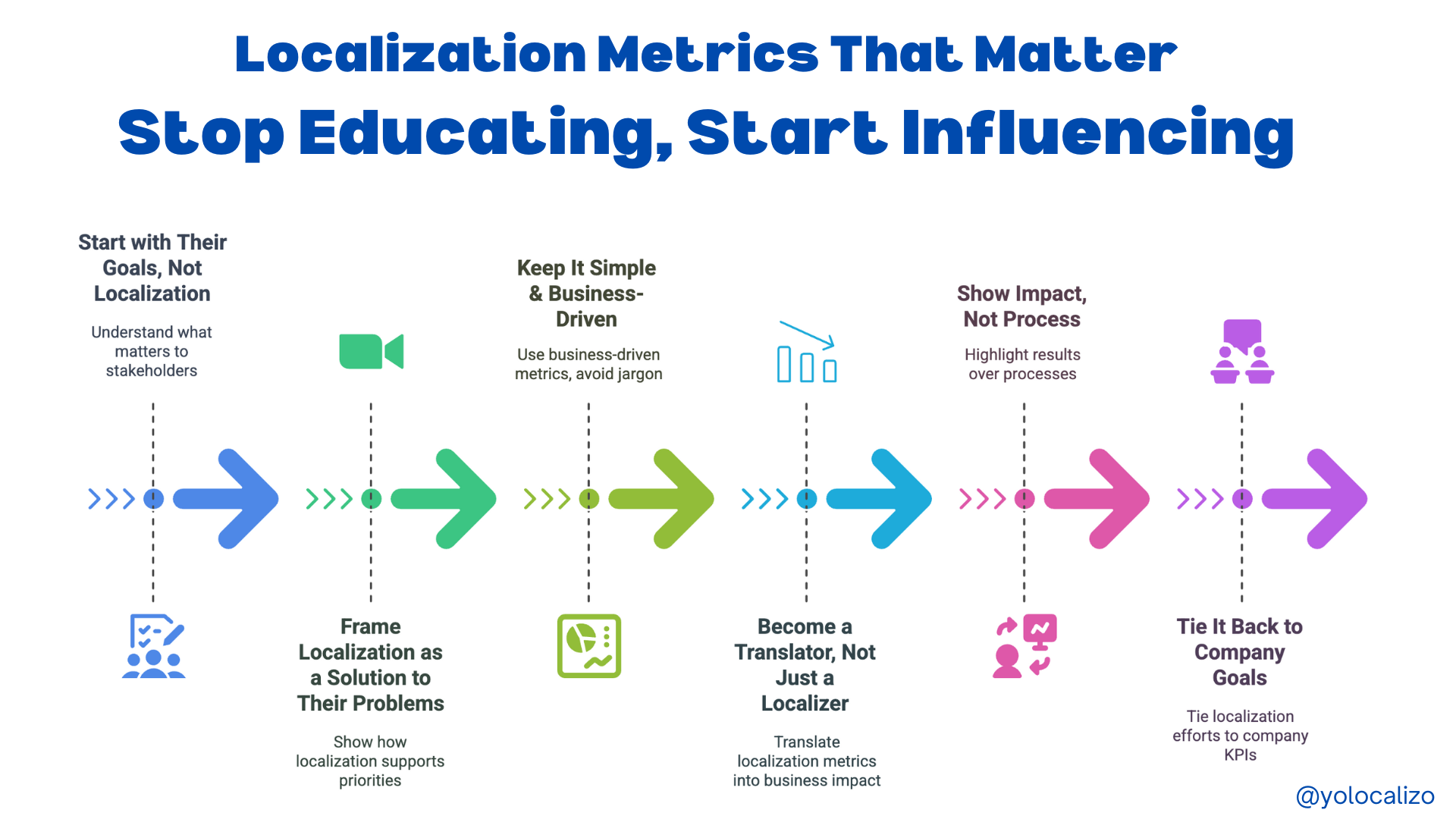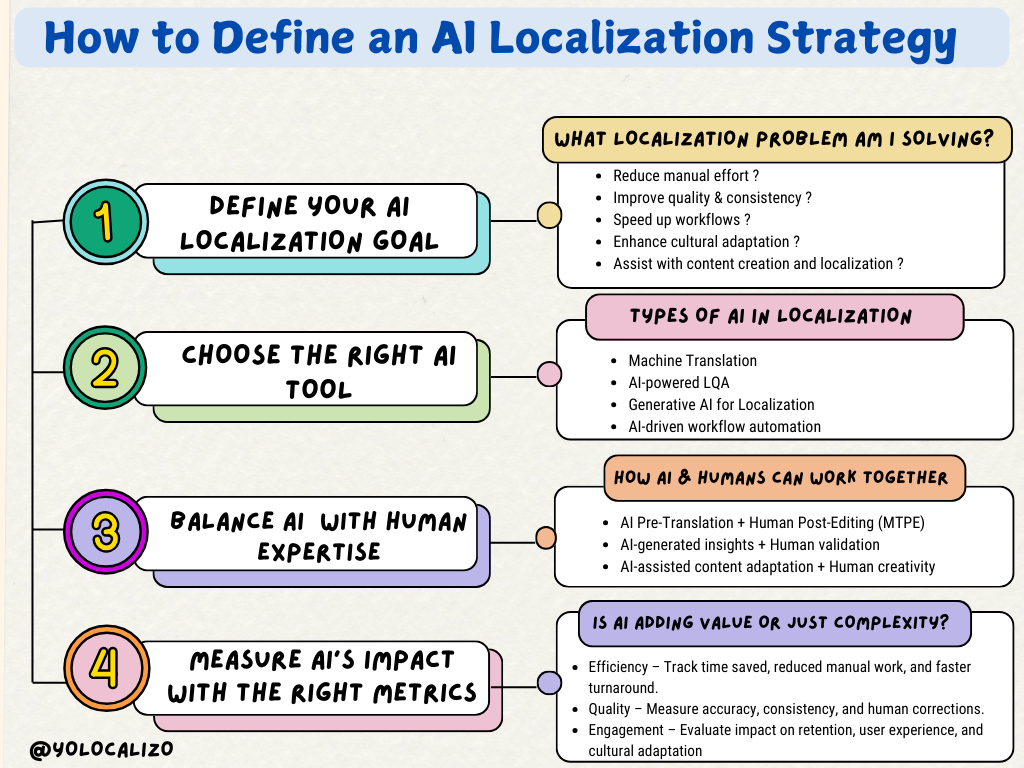Are we solving the problems we need to solve?
I have a confession to make: I like Apple. I am what tech circles would call a 'Fanboy'!
I appreciate the design of their products, the layout of their Apple Store, and the creativity behind their advertising campaigns.
I find Steve Jobs fascinating, and it's a shame that he left us a few years ago.
Despite his virtues and defects (apparently, he was a challenging boss!), I often wonder how his presence would have impacted this technological moment we are living in.
Considering how his products have transformed my day-to-day life (iPod, iPhone, iPad, MacBook), I can't help but imagine the innovations he might have designed in this 2023 era. I wonder what problems he would be trying to solve for us.
This brings me to the topic of my weekly post: problem-solving.
How do we effectively solve a problem?
The first step is to define the problem accurately. The other day, while browsing my Pinterest, I came across this quote that resonated with me:
'If you define the problem correctly, you almost have the solution.'
That quote made me think about our industry.
In the Localization industry, we solve many problems! I often express that a Globalization/Localization team is a strategic partner, not just a service provider. It is a strategic partner that helps the different stakeholders with whom it interacts to achieve their objectives and overcome challenges related to language and cultural barriers.
• Penetrate new markets
• Assist local marketing teams in carrying out relevant campaigns locally
• Create the brand voice of the product/company
• Define the price strategy
• Choose the most appropriate font for our app or website
• Create a pleasant user experience by applying the correct UX design and integrating the different factors to consider during the internationalization phase
• In summary, a well-defined and executed Localization strategy will boost international revenue for companies operating globally.
I have not encountered many situations in which meetings are held to ensure that we are defining the problem correctly to solve. We usually rush into the execution phase and spend little time analyzing the problem and ensuring that everyone understands the issue we are trying to address.
Nor have I found much concrete information about what we can do to define the problem concretely. Therefore, in the last 2 weeks, I have been studying problem-solving on Udemy and reading a series of articles to get a clearer idea of how to define the problem correctly (you can find them at the bottom of this post).
The following infographic is a summary of my research and my Udemy studies. I hope this infographic can be useful in solving any problem you are currently facing!
What about you? What strategies do you use to define the problem correctly in our Localization industry?
Have a lovely week!
@yolocalizo
Interesting reads about problem-solving
The Power of Defining the Problem
https://hbr.org/2012/09/the-power-of-defining-the-prob
Are You Solving the Right Problem?
https://hbr.org/2012/09/are-you-solving-the-right-problem
Seven Steps for Effective Problem Solving in the Workplace
https://www.mediate.com/articles/thicks.cfm














Localizability has always been a challenge small issues in source content often lead to big problems later in translation. In this post, I explore how AI is giving localization teams a powerful new way to improve source quality, reduce friction, and create better content for every market right from the start.